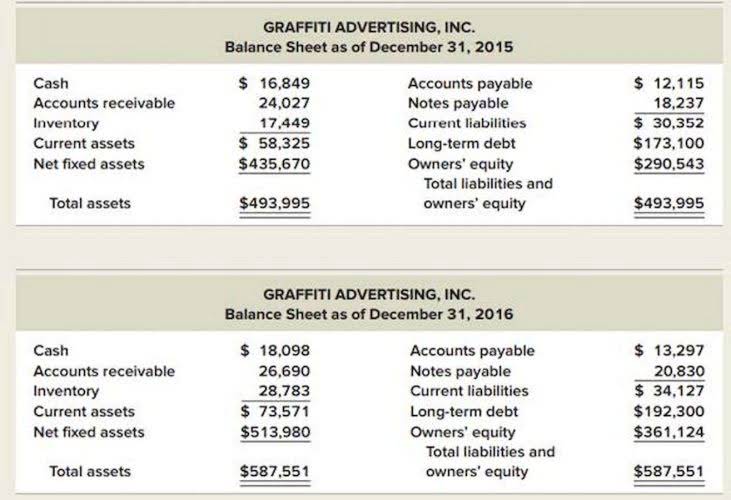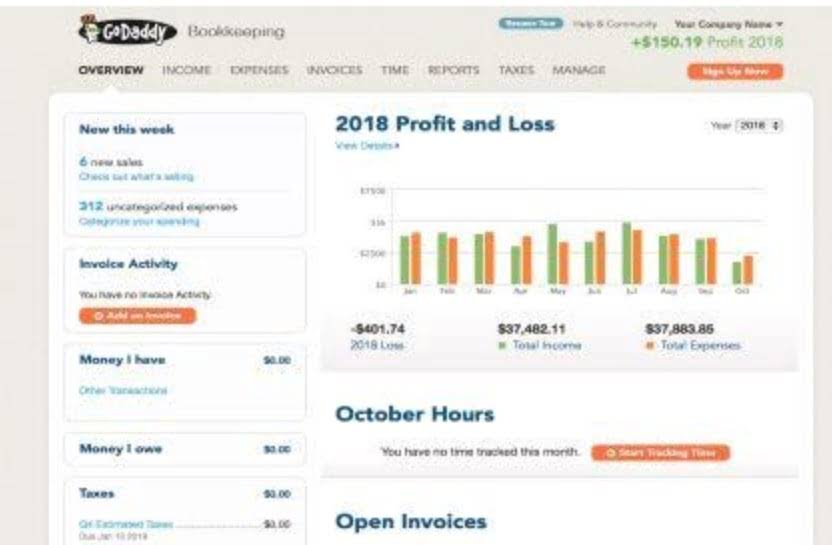Catch-Up Bookkeeping as Your Path to Financial Recovery

In fact, if you’re looking at hiring a professional bookkeeper, look no further. The complexity of the business’s records, the length of time they’ve spent without expense documentation, and the expertise required are all factors to be considered. Tax season can be a nightmare if you don’t keep up with your bookkeeping.

Who Is the Best Person to Catch Up With My Books?
Refrain from muddying the waters by mixing personal and business expenses. Separate these to gauge the financial health of your business accurately. Consider choosing cloud-based systems that offer real-time updates and backups. Utilizing this type of software reduces the chances of errors and saves time, making tax preparation easier and less stressful.
Distinguish Personal from Business
A dedicated workforce means that your company has a team that works around the clock to handle bookkeeping operations with speed and precision, drastically decreasing the catch-up timeline. Visualizing data in a systematic, even arrangement aids in tracing the trending performance of the firm over time. Consider how long it has been since your company has had full bookkeeping (is it months or years?) and how many business operations have occurred during this period. The length of the specified period influences both how long and how difficult it will be to catch up. Planning for the future becomes much easier when you have a current awareness of your financial situation.
How much do catch up bookkeeping services cost?
- It is important to avoid errors such as duplicating entries, misclassifying expenses, overlooking transactions, and failing to reconcile accounts accurately.
- Hiring a professional bookkeeper can range from $20 to $100 per hour, depending on the expertise required.
- While regular financial tracking is proactive and ongoing, catch-up work is retroactive.
- Catch-up bookkeeping also ensures you follow all your business’s accounting rules and regulations.
- There are several situations in which your business may need catch-up bookkeeping.
- For instance, the last-minute rush to be tax compliant and avoid penalties.
Handing over any accounts to your bookkeeper or accountant that aren’t properly reconciled can be costly. If your accountant has catch up bookkeeping to do extra work to reconcile your accounts and fix your books, you will be charged extra in accounting fees. By reconciling your accounts beforehand, you are saving your accountant and yourself time and money. Review your customer accounts to ensure that you’ve collected all customer invoices for the tax year. If your business operates using a cash basis accounting method, you only need to send the customer an invoice once they have paid.

- Proper separation of expenses is the first step in successful bookkeeping that ultimately contributes to improved financial health for your business.
- Reconciling accounts ensures accuracy and integrity in the financial reporting process.
- Catch-up bookkeeping is a strategic move to reclaim your financial standing.
- By being aware of these common bookkeeping errors and implementing best practices, you can maintain accurate financial records and make more informed financial decisions for your business.
- Instead of spending hours trying to catch up on your bookkeeping, you can focus your time on running and growing your business.
- Consider how long it has been since your company has had full bookkeeping (is it months or years?) and how many business operations have occurred during this period.
This lapse can lead to confusion in financial records, missed opportunities, and compliance concerns. Catch up bookkeeping emerges as a viable solution – a lifesaver for businesses that need to bring those financial records back on track. Provide higher-level accounting guidance to the Xendoo Accounting team. This process can take some time, but once it’s complete, you’ll be caught up with your books. You can breathe a sigh of relief and look forward to the benefits of accurate data, along with a more complete understanding of your company’s cash flow. Separating these expenses will make it easier for you and your accounting team to manage your books and to be fully prepared for tax time.
- You have two options – hiring an in-house team or outsourcing to a professional bookkeeping service.
- Although we offer a Catch Up Bookkeeping Service here at Bench, we know that some business owners prefer to tackle overdue bookkeeping on their own.
- After organizing the records, it’s time to begin the reconciliation process.
- Catch up bookkeeping allows businesses to address any discrepancies or irregularities identified during the review process and ensure the integrity of their financial reporting.
- We are life-long learners, passionate about teamwork and excellence in our respective roles, with a solution-oriented approach to challenges.
- Before the migration, catch-up bookkeeping will ensure you keep your current assets and liabilities distinct.
- Catch-up bookkeeping gives you the opportunity to rebuild that foundation, ensuring that every income, expense, and transaction is properly documented and reconciled.
Reconciling accounts ensures accuracy and integrity in the financial reporting process. It often occurs when businesses or individuals fail to maintain regular bookkeeping practices due to time constraints, lack of resources, or other priorities. Missing tax deadlines is a major red flag that your bookkeeping is in disorder. Without accurate and up-to-date financial records, it’s challenging to file your taxes correctly and on time. This can lead to penalties, fines, and potential audits from tax authorities.

They can free up valuable time, allowing you to focus on tasks that are better served by your business. Regular bookkeeping is vital to monitor your business’s financial health and filing tax obligations. Catch-up bookkeeping is the process of updating and organizing financial records that have fallen behind. It is useful for business owners who haven’t been keeping up with their bookkeeping process, amidst busy work schedules, managing employees or other business-related responsibilities. Updating financial statements is a critical aspect of catch up bookkeeping, as it provides a business’s financial state outlook.

Collecting relevant financial documents is the cornerstone of effective catch up bookkeeping. Such a comprehensive assessment can help identify areas requiring attention and develop strategies to rectify discrepancies or gaps in their financial records. We always advise our clients to keep their personal and business expenses separate.
Step 3: Separate personal and business expenses

This will help you avoid falling behind again and make it easier to track your financial unearned revenue performance and make informed business decisions. Catch up bookkeeping refers to the practice of revising and rectifying a company’s records to ensure their accuracy and currency. It plays a role in enhancing a business’s financial management strategies. If you’ve missed recording income, expenses, or other financial transactions for a significant period, it’s time to catch up. Late or incomplete record-keeping can lead to confusion, missed tax deadlines, and difficulty in making informed financial decisions.
